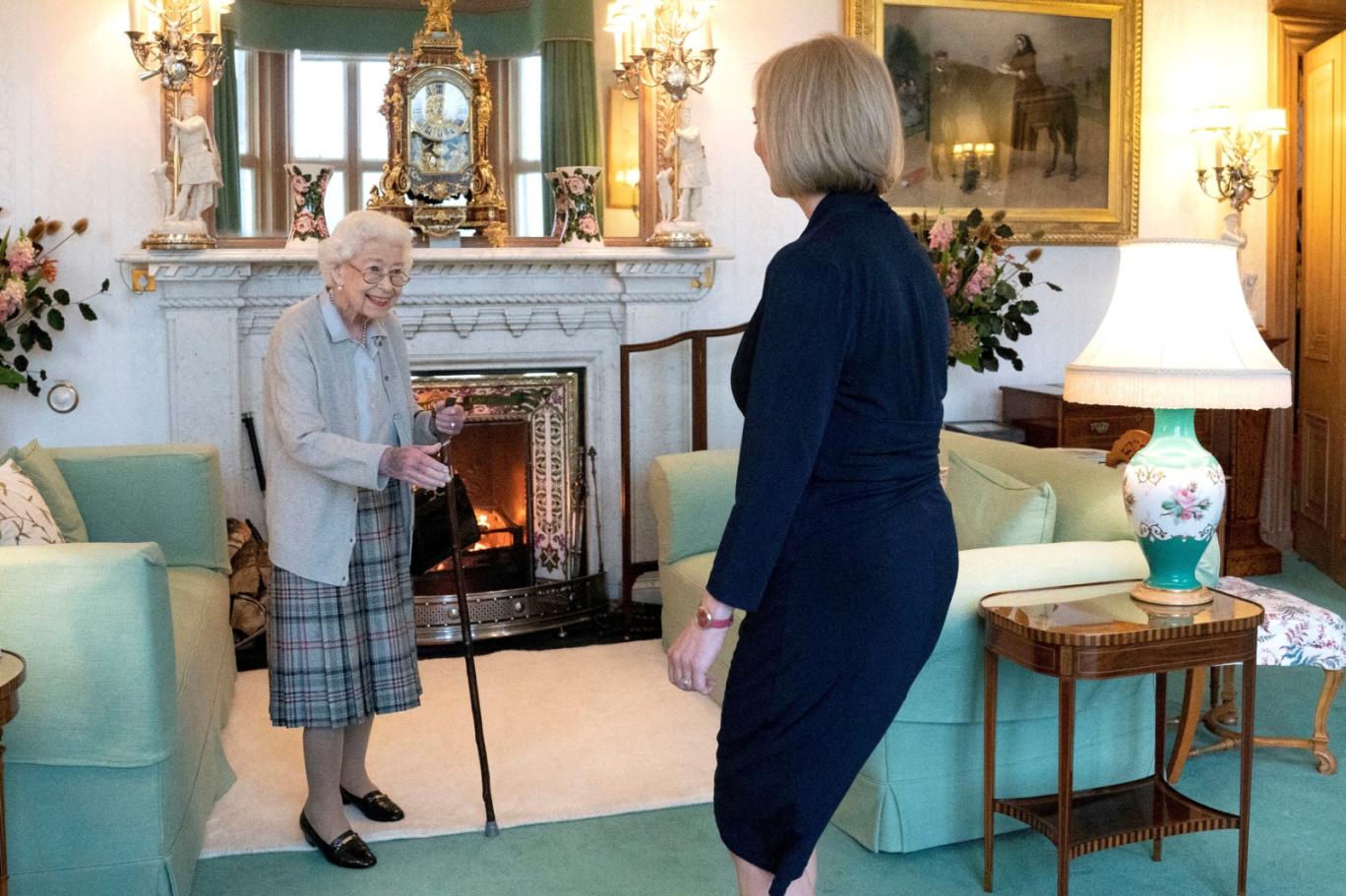After a long, hard-fought and democratic campaign, Liz Truss, the foreign secretary in Johnson’s cabinet, was elected leader and therefore prime minister by her party on Monday with 81,326 votes. Yesterday she traveled to Scotland to take charge from Queen Elizabeth, who is currently residing at Balmoral. He will soon form his government and take office.
According to the Guardian and the New York Times, Truss is an interesting personality. Of course, he has a good education. He studied philosophy, politics and economics at one of Oxford’s most important colleges. He first joined the Liberal Party and then the Conservatives. Although his political career zigzagged, he was successful. It is said that he has been battered a bit in his time because of an affair he had while he was married.
It is known that he used to oppose the monarchy, advocated the liberalization of the use of certain drugs, first opposed Brexit and then became one of its fiercest advocates. Foreign Affairs is not her first government job. He also has a long experience in the House of Commons. But he is also known for the blunders he has made and the seas he has confused his name and place in.
- Putin: We need to think about changing the route of Ukrainian grain
- Putin Says ‘Impossible’ to Isolate Russia
- France restarts shutdown gas pipeline to Germany (In reverse direction)
The EU is obviously uncomfortable with her election. Otherwise, Commission President Ursula von der Leyen would not have immediately made a statement on social media, saying that she expected “cooperation that fully respects our agreements”. And French President Emmanuel Macron would not have felt the need to remind Britain that it is an ally.
Russia is obviously not very happy either. It is not clear whether the US would have preferred him or his rival Rishi Sunak. What is clear is that everyone, including us, will have to work with Truss, perhaps even clash with him. Because despite all its problems, the United Kingdom is an important country with weight in world politics. So are the preferences and expectations of the person in charge of it.
But it is very likely that the UK will not change its general tendencies, its strategic vision of the world. It will continue to see Russia and to some extent China as its rivals, and will continue to index its relations with other countries to these two powers. Ukraine will continue to be a priority problem, as it has been before.
Special cooperation with America will continue. Canada, Australia and New Zealand will remain the pillars of Britain’s global expansion. It will care about human rights and democracy as much as its strategic and economic interests require. It will see the EU as both a competitor and a partner. And it will probably take care not to remain outside the European Political Community project.
Truss, who came to Ankara in June and gave the impression that he is aware of Turkey’s sensitivities and its influence in the region, will avoid any attempts that could lead to a break in bilateral relations and will not make statements like “let’s send refugees to you in exchange for money like we did with Rwanda”.
Truss would only complicate the visa problem in order to limit immigration to his country. He could further lengthen the months-long waiting times and increase the prohibitive application fees. Turkey will not react to this issue in any serious way. Neither the government, nor the opposition, nor civil society organizations would try to impose sanctions, such as a boycott of British goods.
In other words, relations will not be damaged by visa problems. In fact, economic cooperation may deepen and more British tourists may visit Turkey. Our national fighter jet can fly with Rolls Royce engines. As long as we don’t harm their interests elsewhere, as long as we don’t leave them in the lurch in the Black Sea or the Mediterranean. Let’s not disturb America’s peace of mind in our relations with Russia.
It seems that Liz Truss’s biggest challenge will be to keep her party and then her country under control until the elections in two years’ time, to stop the rise in energy prices, and to make the most of the Ukraine crisis in every way. It is not excluded that Northern Ireland could become unstable again because of the EU separation and that Scotland could once again hold a referendum, this time on independence. There are also many unresolved issues with the EU. Let’s hope that these will not lead to unnecessary crises, escalations and the search for success stories in Britain’s foreign and security policy…
By: Mensur Akgün





